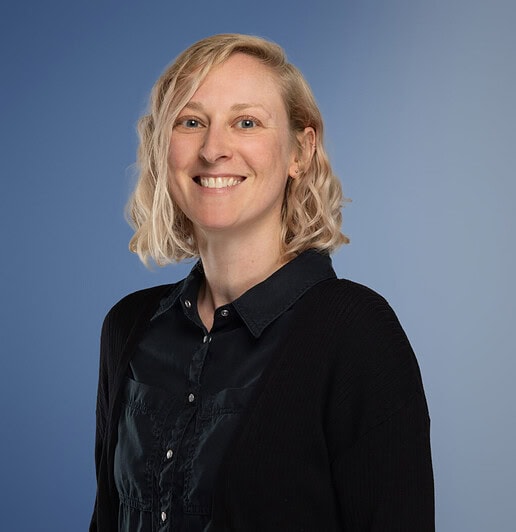The education scientist helping children recognize the mathematics all around them
Jake McMullen is developing interventions to support flexible mathematics skills

Jake McMullen is an education scientist at the University of Turku in Finland. Jake studies the flexible skills students need to succeed in an ever-changing world. He is investigating ways to help students to develop transferable mathematics skills and apply them to their everyday lives. Annie Brookman-Byrne talks with Jake about the skills students need, and developing strategies that help students overcome their misunderstandings about fractions.
Annie Brookman-Byrne: What big question is your research trying to answer?
Jake McMullen: The skills students need coming out of schooling require strong foundational knowledge, but they also need to be malleable for use in an ever-changing world. Some students develop these skills even in rote learning environments, while others need more support. The question is, can we promote these skills in all students? Identifying the factors that support the development of flexible skills will make it possible to shape policy and curricula that truly prepare children for the future. It will also help us better understand how instruction and learning environments can be designed to help all children.
“Identifying the factors that support the development of flexible skills will make it possible to shape policy and curricula.”
ABB: How does your research address this issue?
JM: My research focuses on individual differences in students’ learning and the causes of and remedies for these differences. I examine how students use their knowledge in novel ways in new contexts – for example, using math concepts in a science class or in everyday life. My colleagues and I believe it’s important to know more about why some students develop these transferable skills and knowledge more easily than others. We use this knowledge to develop interventions, often using digital technology, to support all students’ development.
ABB: Can you give an example of what works to build these skills?
JM: In mathematics education, which I focus on in my research, there is a long-running debate about the best ways to develop students’ mathematical knowledge. Should we focus on the basics like algorithmic procedures, or on understanding concepts? My research shows that it isn’t necessary to sacrifice one for the other.
We have found that it is important to consider how students use their mathematical knowledge in everyday life and to explicitly support them in learning to do so. For instance, they can be taught to use mathematical language to describe the relation between two quantities: “There are half as many apples as pears in the bowl.” Students who are more likely to use this type of language on their own initiative appear to have an advantage in later learning of relational topics, such as rational numbers and algebra.
“It is important to consider how students use their mathematical knowledge in everyday life.”
We have found that replacing lessons on fractions with lessons on seeing relations in everyday life does not detract from students’ basic knowledge of fractions. These lessons appear to give students the skills to use their mathematics knowledge in everyday life, while simultaneously supporting their basic knowledge development. Explicit instruction focusing on these ideas makes students better able to see mathematics all around them.
ABB: What challenges do you face in your research?
JM: It is often challenging to measure the psychological constructs we are interested in, for example, how students combine and remix knowledge to solve new tasks. It may be necessary to develop new measures. This is particularly challenging because we want to develop tasks that capture what we’re looking for, but that are also educationally meaningful and can be used in many different contexts. In addition, it can be difficult to design interventions that pose just the right level of challenge – they should enable students to expand their abilities, but also meet them where they are. Luckily, we have been able to do so using digital tools and game-based learning environments.
ABB: What else is your team working on right now?
JM: I’m excited about new evidence about students’ difficulties with fraction learning. In work led by a doctoral researcher colleague, Hilma Halme, we found that some students are unaware that strategies that work with whole numbers don’t work with fractions. For example, they add the numerators and denominators of fractions straight across – concluding, incorrectly, that 2/3 + 1/4 = 3/7. This shows how important it is to think about how we introduce fractions, and especially to emphasize how they often act differently from whole numbers. It also suggests ways to adapt whole number instruction, explaining why procedures work the way they do – for instance, why 10 + 7 isn’t 80. I hope we can use this information to shape curricula and give every child the best opportunity to understand mathematics in and out of the classroom.
Footnotes
Jake McMullen is Associate Professor at the Department of Teacher Education of the University of Turku, Finland. His research aims to combine mathematics education and educational psychology to examine factors that influence mathematical development, such as spontaneous focusing on quantitative relations. He is currently working on designing and testing instructional interventions to support rational number development.
ResearchGate
University profile
This interview has been edited for clarity.

